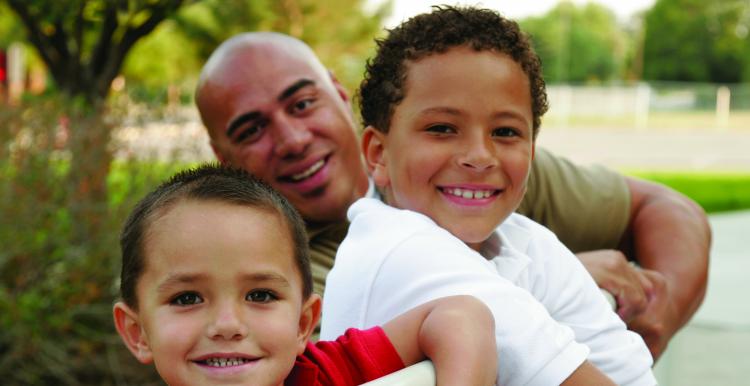Children and young people: what to expect from your healthcare

These new NICE (National Institute for Health and Care Excellence) guidelines have been written with children and young people who know what it's like to be a patient. It has been an opportunity to share what has and has not worked, and hopefully improve the healthcare experience of many babies, children and young people in the future.
Adults often see children and young people as passive recipients of healthcare. This can lead to children and young people not being listened to, having a lack of understanding of their own condition and may lead to problems that can affect future care (for example, finding it difficult to trust healthcare professionals or feeling very anxious before procedures). However, having a positive experience can make a child or young person feel confident, empowered and supported to manage decisions about their own health and healthcare, and can improve their perception of their diagnosis and treatment. This positive experience should also ensure that babies, children and young people are treated as individuals with a life outside healthcare, and not just as their condition or diagnosis.
The guidelines 'aim to improve the healthcare experience of babies, children and young people with the hope that this can improve their health outcomes and their wellbeing.'


